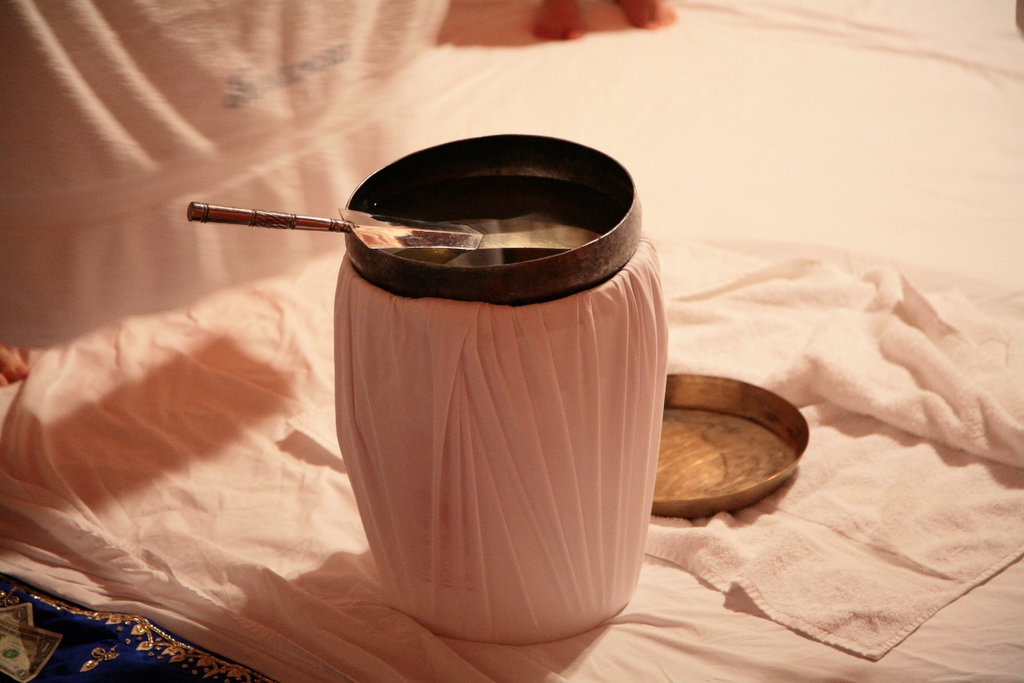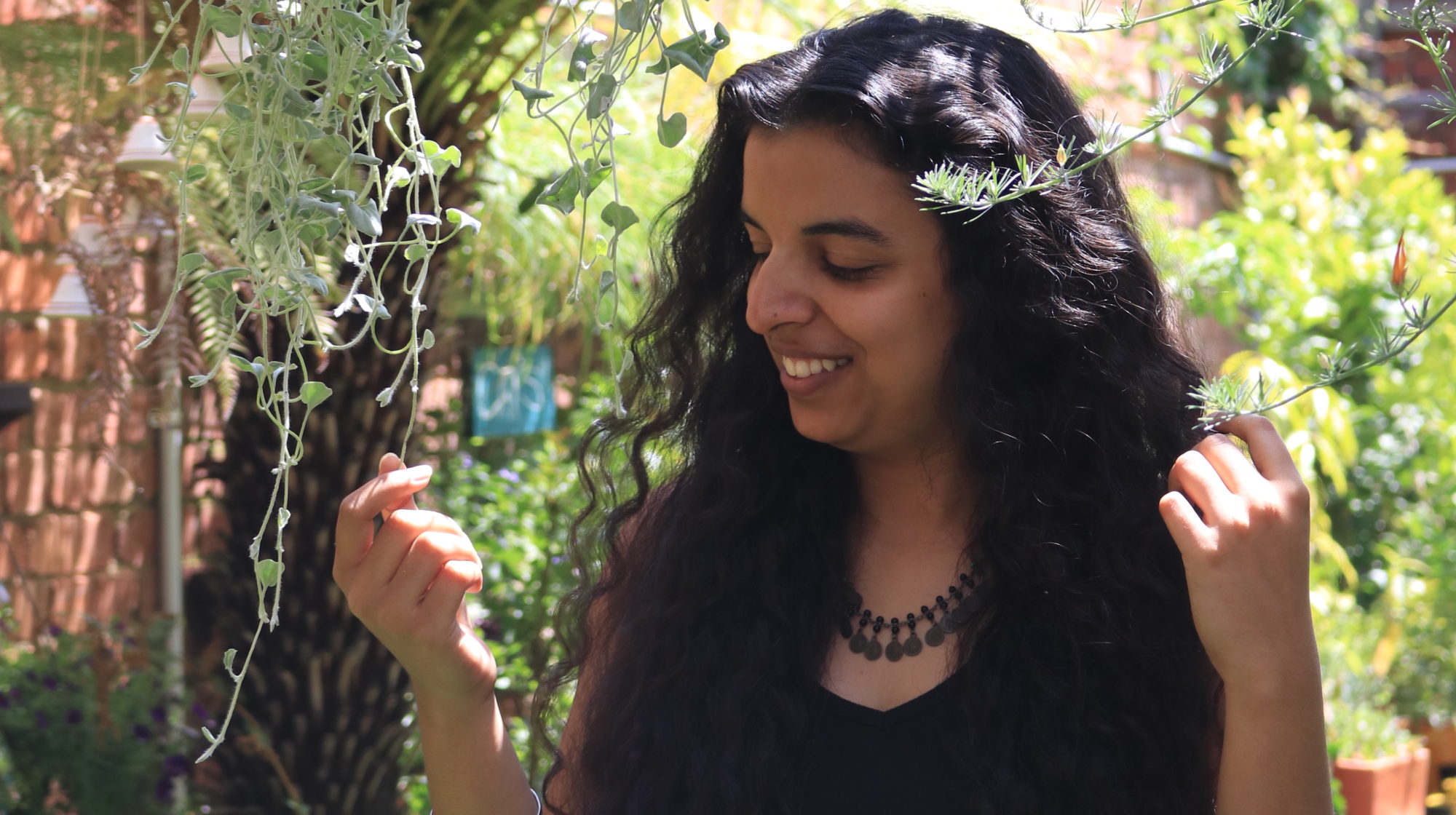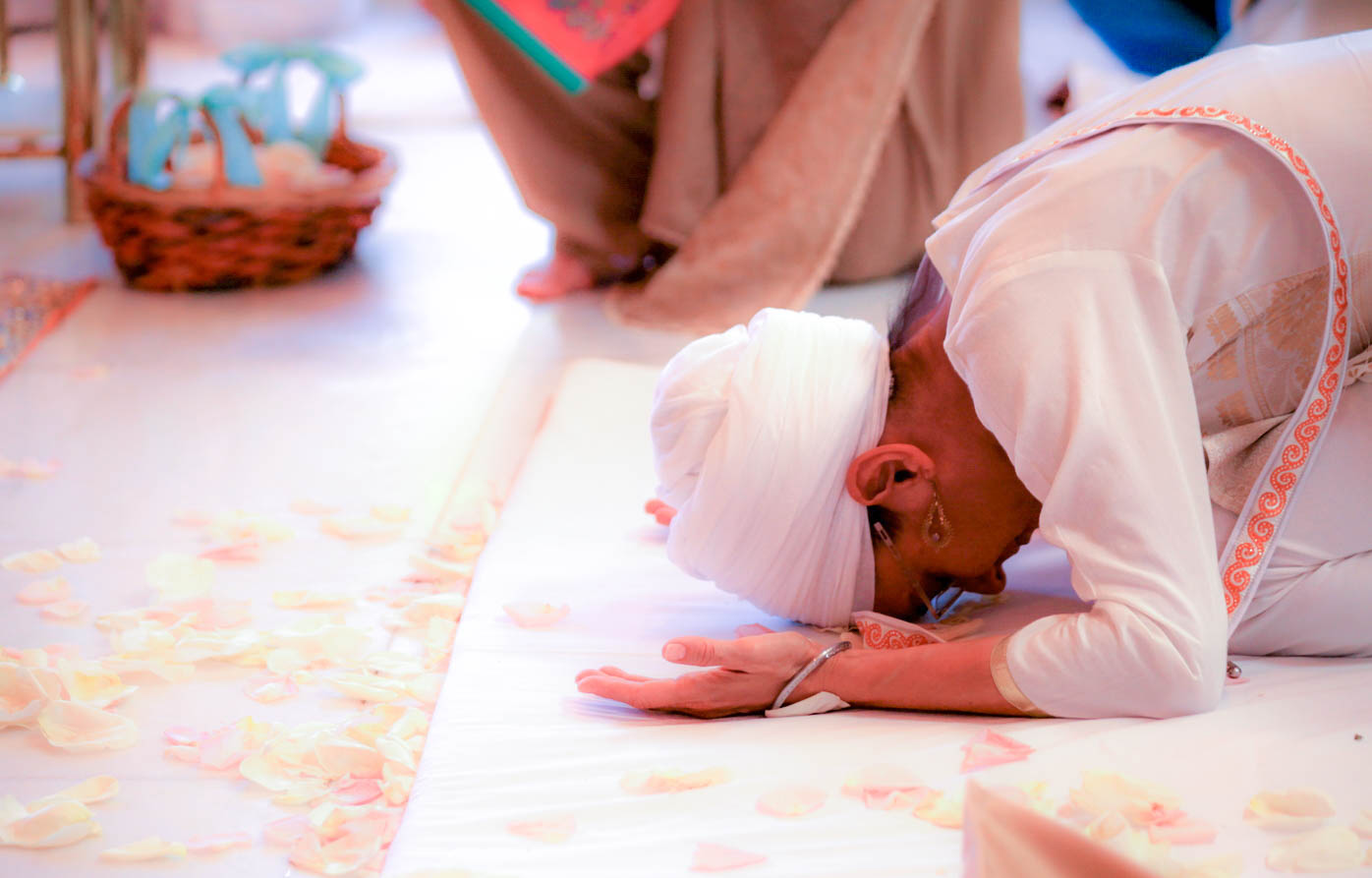by Anonymous Kaur
When I was young, the only Amrit Dhari Sikhs I saw were older people who (to my little kid eyes) were dogmatic, boring, strict, and judgmental. The elders and bhai sahibs in my circle portrayed Sikhi as a dry list of “dos and don’ts” and left out Sikhi’s relevance, beauty, richness, philosophy, emotion, and sentiment. Unfortunately, my exposure to this narrow slice of Amrit Dharis (and lack of exposure to the diversity of Amrit Dharis) tainted my view of what it meant to be Guru’s path and sadly, it did not seem appealing or desirable.
As I grew older, I started going to Sikh camps and retreats where I met more Amrit Dhari Sikhs: Sikhs who did not fit my pervious, negative image. Instead these Sikhs were young, engaged, socially relevant, funny, accepting, nice, cool, curious, supportive, and a joy to be around. I slowly realized that being Amrit Dhari did not automatically equal “lame”.
“Amrit is not the end goal,” said my camp counselor Rubin Paul Singh. “It’s a beginning step.” These words made me think about my path and journey. “I don’t drink, I don’t do drugs, I don’t cut my hair or shave, I try to be nice and a good person, I strive to infuse Sikhi into my life, I’m continuously learning, and I do seva. I’m not doing anything different than I would if I accepted Amrit. I’m already striving to be a better Sikh each day. So, why not?”
I accepted Amrit after I graduating university. But before doing so, I researched many other faiths, interviewed folks on those paths, and came to the conclusion that Sikhi was the best for me. I also researched what it meant to be Amrit Dhari, read the rehat maryada, and placed in my mind the poetry of Amrit.
For me, the idea of Amrit was not as scary as I had once perceive it to be. I felt that I did not have to be perfect to commit to Sikhi. My Amrit Sanchar wasn’t a grandiose event in my mind but rather a gentle, natural progression. It did not feel strange or weird and the Panj Kakar (5 Ks) did not feel alien. They felt normal.
Sikhi deals with a reality that transcends history and faith. It is greater than simple beliefs, states Dr. I.J. Singh. Belief is where someone else does the thinking for you and thus results in dependency. But when you have accepted the Truth, not at someone else’s word, but because you have internalized it, it is then the legacy of Sikhi gives you strength.
Our faith is expressed through the 5Ks, I.J. Singh states. They grow out of and contribute to the collective consciousness of our people and have to be accepted by the subconscious dimension of our being. Without our identity, we would not have had the endurance or strength to survive tumultuous times and we would have been absorbed into the masses of society.
I personally love the psychology and utility that come with the 5Ks. It is incredible that we can wear the exact same kakars and take the exact same commitment as the Kaurs and Singhs did in Guru Gobind Singh Ji’s court. My kakars connects me mentally to all other Sikhs through time and space while providing me with a wonderful opportunity to live in the image of our Guru.
The 5 Ks keep us united, give us spirit, and keep the saint-solider image in our mind’s-eyes. The 5 Ks serve as our badges and uniform. First, they mark us as being the Guru’s disciples, and secondly, they remind us our our duties & obligations to Waheuguru’s creation. When I put them on, I am reminded to do seva and of my mission to carry out righteousness, true deeds, and loving actions. Such physical distinctions keep me accountable to these commitments and aids in keeping me adhered to my faith.
In high school, I was on the tennis team and I distinctly remember my coach saying, “When you wear this uniform, you represent your school, you represent me, and you represent your teammates. You will not do anything to disgrace it.” When three of my teammates decided to be rude and disrespectful on the award stand, this message of honor, identity and respect were reiterated by our coach. I often remember that incident thinking, “Our team uniform’s purpose was similar to the role of Amrit; to keep us in-line with our values.”
This Vaisakhi, I salute those who are taking a the step on Guru’s path through Amrit. And to those who are still wondering if Amrit is right for you, ask yourself, “What’s holding me back?” and talk to people who have accepted Amrit. Are your fears grounded in reality or are you telling yourself fictitious stories? Are you ready to embrace joys of love that come with Amrit?
Photo by Gurumustuk Singh




